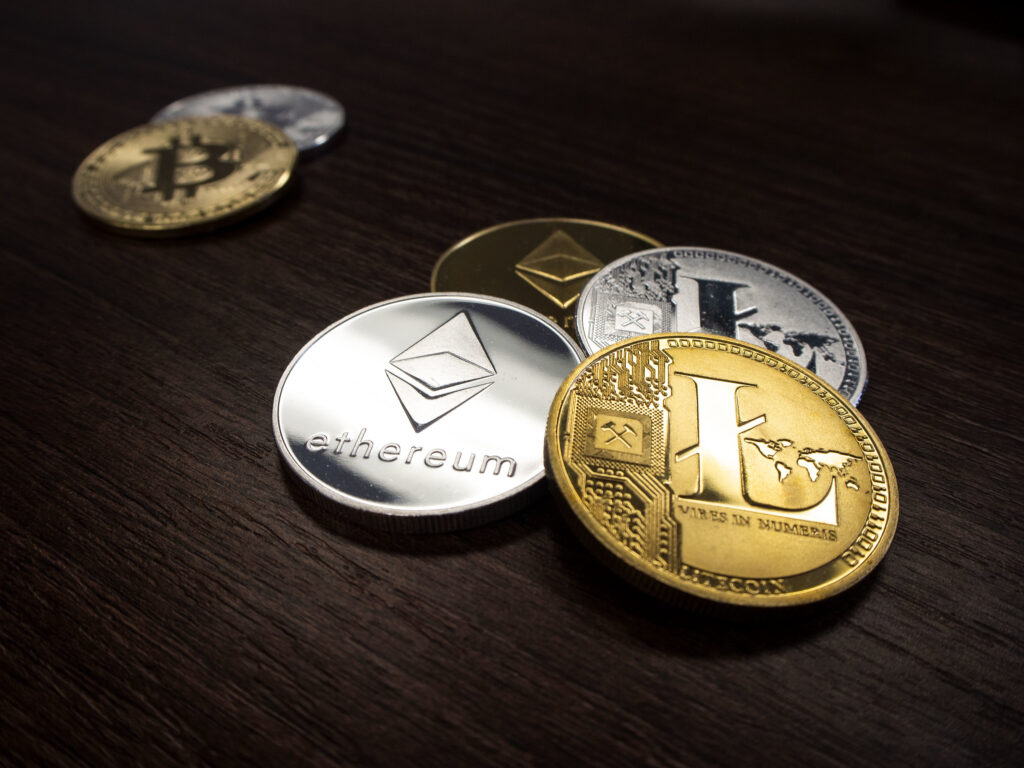Altcoins refer to alternative cryptocurrencies to Bitcoin. Altcoins are created using similar technology to Bitcoin but have unique features and purposes. Examples of popular altcoins include Ethereum, Litecoin, Ripple, and Bitcoin Cash.
The main difference between altcoins and established cryptocurrencies like Bitcoin and Ethereum is their unique features and purposes. Bitcoin was created to provide an alternative to traditional fiat currencies and was designed to be a decentralized, digital currency that can be in use for transactions without intermediaries like banks. Ethereum, on the other hand, was created as a platform for using decentralized applications (dApps) and smart contracts.
Altcoins often have different blockchains, consensus algorithms, and mining methods. For example, Litecoin was created as a faster and more efficient alternative to Bitcoin, with a block time of 2.5 minutes compared to Bitcoin’s 10 minutes. Conversely, Ripple was designed for quicker and cheaper cross-border payments, with transactions settling in just a few seconds.
Furthermore, altcoins often have different goals, such as faster transaction speeds, more efficient mining, or greater privacy. For example, Monero was created to provide greater privacy and anonymity in transactions, with features like ring signatures and stealth addresses. Zcash was designed to provide even greater privacy using zero-knowledge proofs, which allow users to prove that a transaction is valid without revealing any information about the sender, receiver, or transaction amount.
Another critical difference between altcoins and established cryptocurrencies like Bitcoin and Ethereum is their market capitalization. While Bitcoin and Ethereum have the largest market capitalization, altcoins often have lower market caps, making them more volatile and subject to sudden price fluctuations. This makes them attractive to investors willing to take on more risk for higher rewards.
However, altcoins also face challenges in gaining wider adoption and acceptance. For example, many merchants and businesses only accept Bitcoin and Ethereum, and altcoins may have a different liquidity or trading volume than established cryptocurrencies. Additionally, altcoins can be vulnerable to scams and fraud, with some projects being created solely to take advantage of investor enthusiasm without providing any real value or innovation.
In summary, altcoins offer users more options and variety in the cryptocurrency market, and their unique features can make them attractive to different types of investors and users. However, it is crucial to do a thorough analysis to understand the risks before investing in any altcoin. Factors include:
- The project’s goals and technology.
- The team behind the project.
- The level of adoption and acceptance in the broader cryptocurrency community.
